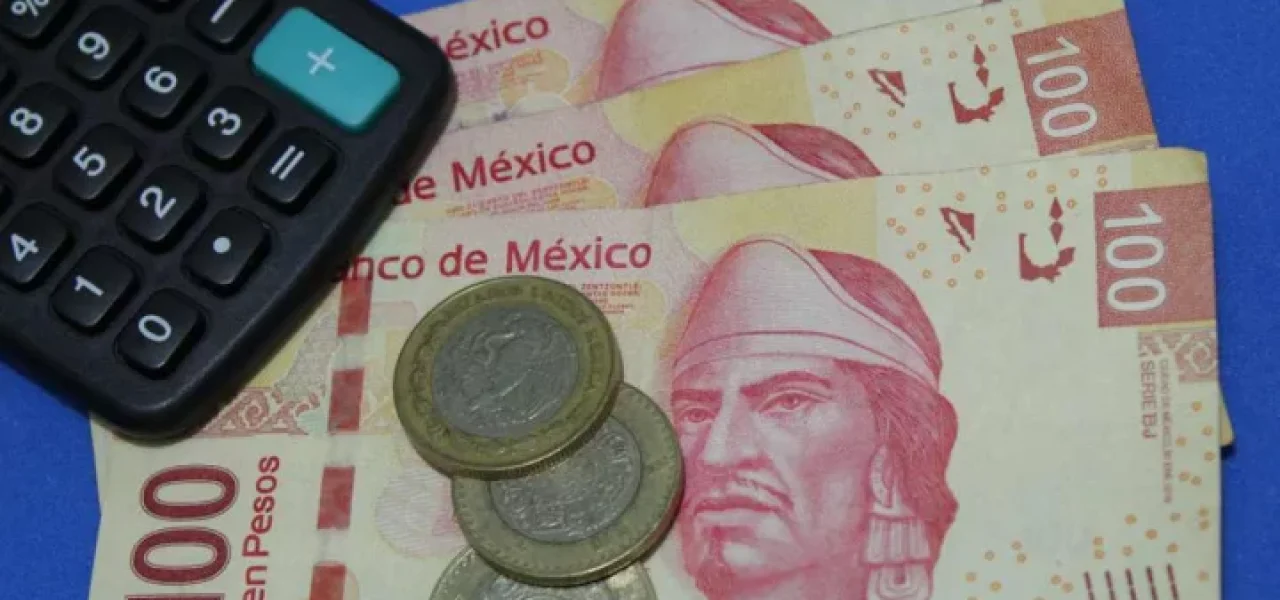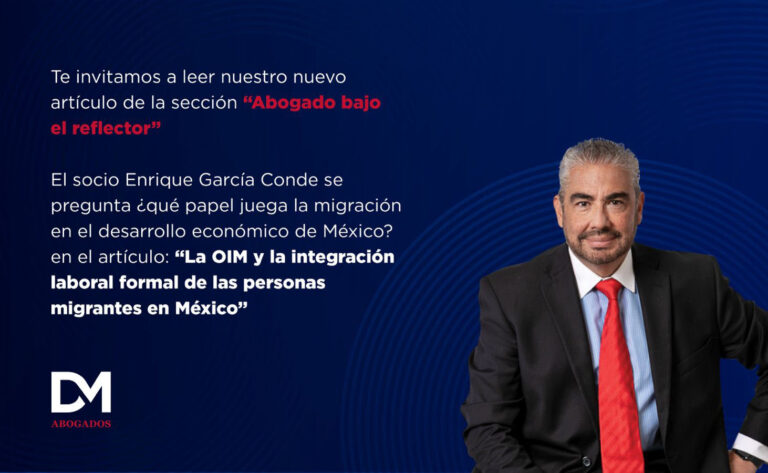The worker has the constitutional right to get a share of the profits obtained by a company or employer as a result of the productive activity or the services that it offers in the market in accordance with its tax return.
Employers are required by law to deliver a copy of their annual tax return to the representatives of the workers within 10 days from the date on which said return is filed.
In these cases, the distributable profit will be divided in two equal parts: the first will be divided equally among the workers, taking into account the number of days that each one of them worked during the year, regardless of the amount that they receive as salary. The second part will be distributed in proportion to the amount received as salary for the work provided during the year.
Changes in regard to profit sharing
As of this year, employee profit sharing will have a maximum limit of three months of the worker’s salary, or the average of the profit sharing received in the last three years.
According to the Department of Labor, it is estimated that, with these changes, the percentage to be paid will go from 2.8 to 7.7 per cent.
It emphasized that the total percentage of profit sharing was not modified and remains at 10%, as agreed by the Mixed Commission on Profit Sharing, comprised of representatives of the companies, the workers and the government.
Profit Sharing, changes, May 2023
What did change, it explained, is the manner in which the payment to be made to each worker is made, which can now be the average of the last three years or the equivalent to 90 days of salary, “whichever is most beneficial to the worker.”
The D&M Abogados Firm pointed out that, while, as a result of the reform on subcontracting, PTU [Employee Participation in Company Profits] caps were established, companies may distribute 10% of their profits without applying these caps, provided that this is mutually agreed upon with the workers through collective bargaining.
Profit sharing is not limited to unionized or base personnel, non-unionized personnel may also participate, with the exception of directors, managers, or general managers of a company.
The daily wage salary that will be used in the individualization of the non-unionized workers’ Employee Participation in Company Profits (PTU) cannot be more than 20% higher than that of the highest salary of a union or base worker.
Thus, if you worked a minimum of 60 days during the year to be distributed, whether continuously or discontinuously, you must receive profits. This means that if you do not work there any more or if your contract was for a specific job or a specified time, you have a year from the deadline for its payment for collecting your profits.
This year, legal entities must make the payment on May 30, at the latest, while natural persons with business activities have until June 29.
Frequent questions on profit sharing
Employee sharing in company profits is a right of employees that is established in Section IX, Subsection A of Article 123 of the Political Constitution of the United Mexican States and in Article 120 of the Federal Labor Law.
Newly created companies in their first year of operation are exempt from profit sharing.




